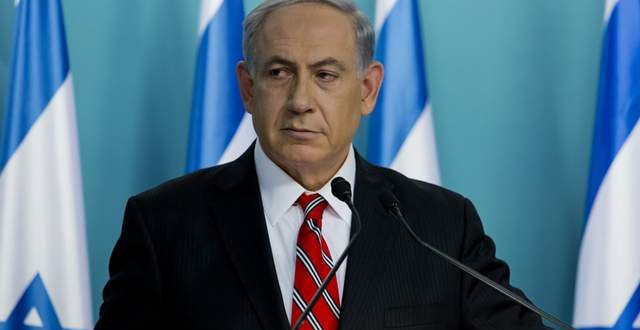
Gaza: truce holds true on second day, Israel-US ties show strain
Relations between the United States and ally Israel showed signs of stress ahead of tough talks to extend the fragile ceasefire in Gaza to a more permanent deal.
The US denied a report which said that the White House was reducing its regular delivery of military assistance to Israel over concerns of disproportionality of its actions in Gaza. However, the US State Department accepted that the shipments were under review in the face of the Israeli aggression.
Egyptian mediators reached a new deal on Wednesday to extend the ceasefire for five more days and gave Palestinian and Israeli negotiators to discuss a long-term peace deal.
Israeli officials on Friday said that the ceasefire held for a second day, with a spokeswoman for the Israeli military saying that it there was no exchange of fire overnight.
However, negotiations for a long-term deal are not expected to continue before Saturday as negotiators from the Palestinian and Israeli delegations are expected to consult their respective political leaderships first. Hamas insists on lifting the Israeli blockade on Gaza, which has crippled the Palestinian enclave’s economy for eight years now. However, the right-wing Israeli government is refusing any permanent peace deal without the complete demilitarization of Gaza.
Israeli Prime Minister Benjamin Netanyahu is set to convene his security cabinet on for the second time in two days on Friday to think of Israel’s negotiating position in the truce talks. Netanyahu leans heavily on the support of the coalition of parties governing Israel – the right-wing government advocates the reoccupation of the Gaza Strip, which Israel had evacuated in 2005.
However, there seems to be mounting pressure on Israel from its allies in the west as centrist ministers are looking for a compromise.
“The relations with the U.S. are a strategic asset that must not be harmed.This is a worrying trend and we cannot let it continue”, Finance Minister Yair Lapid was quoted saying in Friday’s Maariv.
The Wall Street Journal said that Israel had secured supplies of arms from the Pentagon in July and that the Obama administration has since tightened its arms shipments to Israel. It also reported that Netanyahu and Obama had a particular difficult telephone call on Wednesday, with the Israeli premier asking for more security assurances from the US in return for a more permanent peace deal.
US State Department spokeswoman Marie Harf refuted the article, but acknowledged that the Obama administration is looking carefully at its shipments to Israel but the process was “by no means unusual”.
“Given the crisis in Gaza, it’s natural that agencies take additional care to review deliveries”, she said.
 العربي الديمقراطي The Latest From The Arab World
العربي الديمقراطي The Latest From The Arab World



